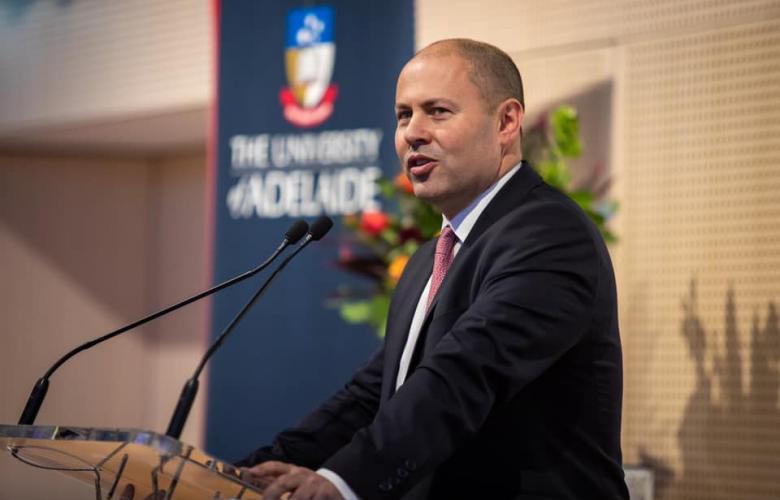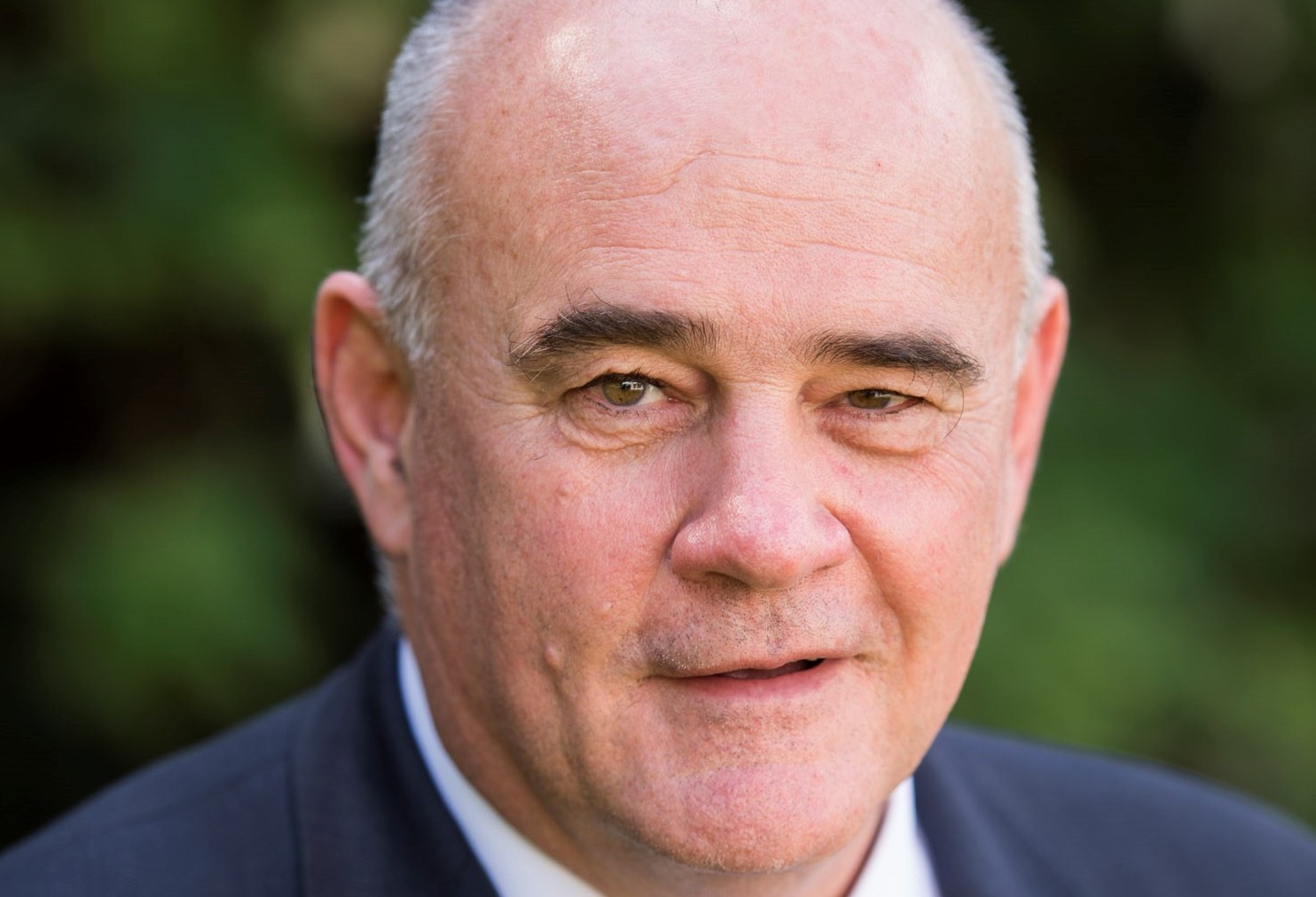TAA 'confident' of increased Jobkeeper support following submission of economic impacts report
Contact
TAA 'confident' of increased Jobkeeper support following submission of economic impacts report
The Australian Hotels Association (AHA) and Tourism Accommodation Australia (TAA) have worked with professional services firm Ernst and Young to release exclusive modelling that outlines the economic benefit of providing assistance to Australia’s hospitality and accommodation sector in response to the impact of COVID-19.
The CEO of one of Australia's leading accommodation industry bodies says it will be "very difficult" for the government to turn down the sector's pleas for increased support, following the submission of evidence outlining the impact of varying economic scenarios.
A draft report from Ernst & Young (EY) titled Economic impacts of stimulus for the Accommodation and Food Services Sector was submitted to the federal government earlier this month ahead of Treasurer Josh Frydenberg's update on the economic and fiscal outlook on 23 July.
Featuring research from Australian Hotels Association and Tourism Accommodation Australia, the report focuses on two policies to support the hospitality and accommodation sector – the extension of JobKeeper until March 2021 and the suspension of Fringe Benefits Tax (FBT) on accommodation, meal, beverage and entertainment expenses for three years.
At a glance:
- A draft report from Ernst & Young (EY) titled Economic impacts of stimulus for the Accommodation and Food Services Sector was submitted to the federal government earlier this month ahead of Treasurer Josh Frydenberg's update on the economic and fiscal outlook on 23 July.
- The report focuses on two policies to support the hospitality and accommodation sector – the extension of JobKeeper until March 2021 and the suspension of Fringe Benefits Tax (FBT) on accommodation, meal, beverage and entertainment expenses for three years.
- According to the research from Tourism Accommodation Australia and the Australian Hotels Association that is featured in the report, 15 per cent of businesses reported that their operations could be supported for less than a month with current available cash at hand.
TAA CEO Michael Johnson told WILLIAMS MEDIA the evidence demonstrated a clear need for additional assistance.
"The narrative we are hearing from the government is that they will be providing support to the industries most in need of it and I think we have been able to prove we are in that category," he said.
"We feel confident that the government will help us in regards to the extension of Jobkeeper, but I do not expect there to be an announcement on FBT just yet, as I believe it may be reviewed further over time."
Tourism Accommodation Australia CEO Michael Johnson.
AHA National CEO Stephen Ferguson said the report was critical to building the evidence base for continued economic support, which has been a key requirement of Treasury and Government.
“The draft report shows that depending upon final Government policy settings, three of the four JobKeeper scenarios examined indicate economic returns range from 1.42 to 3.38 times the initial cost to Government,” he said.
“In regard to suspending FBT, EY found that accommodation, meal and beverage entertainment only forms a relatively small portion of the total fringe benefits tax collected by the Government, but suspending FBT for our sector would produce economic returns ranging from 3.25 to 3.81 times the direct cost to Government.”
Australian Hotels Association National CEO Stephen Ferguson. Source: Australian Hotels Association.
Mr Johnson said support for the sector had become even more crucial in the wake of several states experiencing a second wave of COVID-19.
“The EY report noted that 84 per cent of businesses reported decreased revenue, with more than half (53 per cent) reporting revenue decreases of 50 per cent or greater - this is the highest proportion of any industry to report revenue decreases in this range,” he said.
“The report also showed that female workforce participation in our sector is well above the national average with 60 per cent of workers being female, as well as high levels of employment for younger Australians, with 47 per cent of workers being under the age of 25.
“AHA and TAA research also shows that 15 per cent of businesses reported that their operations could be supported for less than a month with current available cash at hand.
“Worryingly, it also showed a national average fall in accommodation hotel room revenue of 77 per cent and a plunge in occupancy rates of 66 per cent.
“Forward-looking data shows occupancy rates below 50 per cent of capacity based on current bookings over the 90-day period from 15 June to 12 September.”
Similar to this:
Tourism Accommodation Australia promoting online training for hotel staff
Tourism Accommodation Australia (TAA) strongly endorses Tasmania's Airbnb reforms









